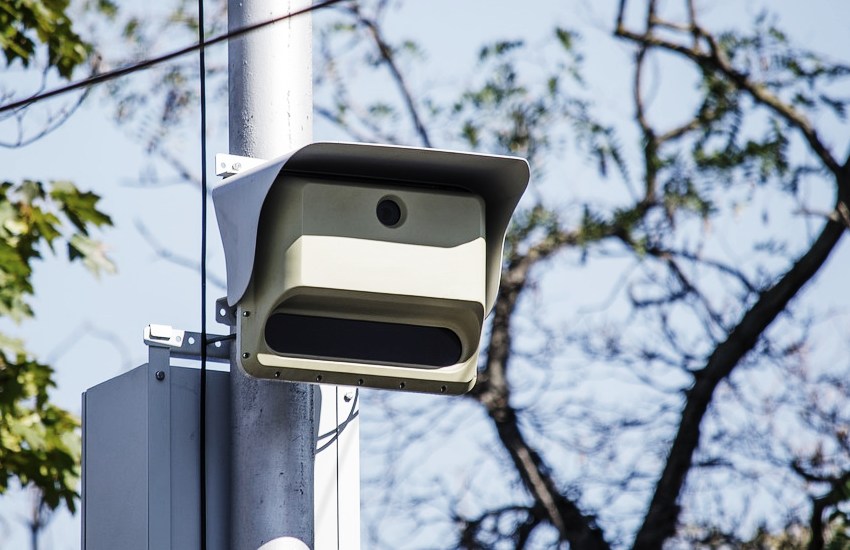As heavily publicised by the Tax Office, work-related expenses will be under the microscope this tax time. ATO boss Chris Jordan has warned tax agents on several occasions that even small amounts inappropriately claimed will trigger regulatory action.
Mid-tier firm RSM said this tax time, it’s more important than ever that tax agents take reasonable care in ascertaining a client’s state of affairs, especially where it relates to statements being made or work being performed on behalf of a client.
You’re out of free articles for this month
“Whilst there is no requirement for tax agents to audit information provided by a client, tax agents should always query information provided by a client that is unclear, or that simply doesn’t stack up,” Rami Brass, national head of tax at RSM, told Accountants Daily.
“For example, if a client seeks to claim a deduction for travel and accommodation for a one week training course, but the documentation provided shows a two or three week trip was taken, further questions should be asked around whether the client was doing additional work whilst travelling, or whether the additional travel time was for a personal holiday,” he said.
The tax office has also said substantiation will be a key focus in its surveillance activity, which has left some tax agents questioning how far they are reasonably expected to push their clients. In these situations, clients can be reminded the onus is ultimately on them to prove their costs were incurred.
“The commissioner seems concerned about tax agents claiming substantiation exempt deductions, for example work-related expenses that total less than $300 or laundry costs of less than $150, without querying whether the taxpayer is actually incurring the costs,” Mr Brass said.
“These substantiation exemptions are there to ensure that taxpayers don’t have to maintain detailed receipts where they have only minor amounts of work-related expenditure each year, but they still have to show through other means that they actually incurred the cost,” he said.
Apportionment will also be a focus area for the Tax Office this year, and clients should be aware of the necessity here to keep records of a four-week representative period.
“Car expenses are the most commonly-claimed WREs at $8 billion per year. Taxpayers must keep a log book for 12 weeks to claim a percentage of all motor vehicle expenses. Alternatively, taxpayers can claim up to 5,000 kilometres of work-related travel at an ATO-defined cents-per-kilometre rate. It’s important to note that substantiation is still required for the cents-per-kilometre claim,” Mr Brass said.
“In the past, the ATO has contacted employers to confirm the nature of their employees’ travel requirements,” he said.
This email address is being protected from spambots. You need JavaScript enabled to view it.

 Login
Login






